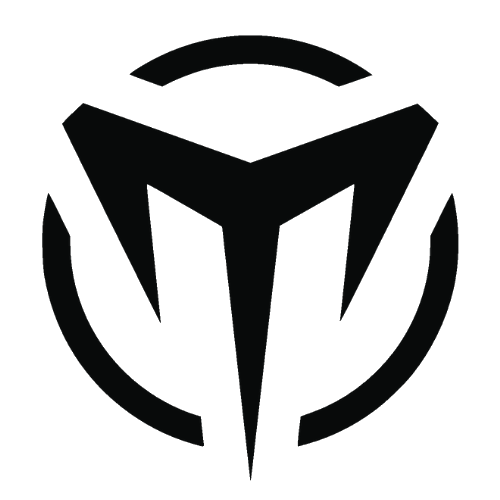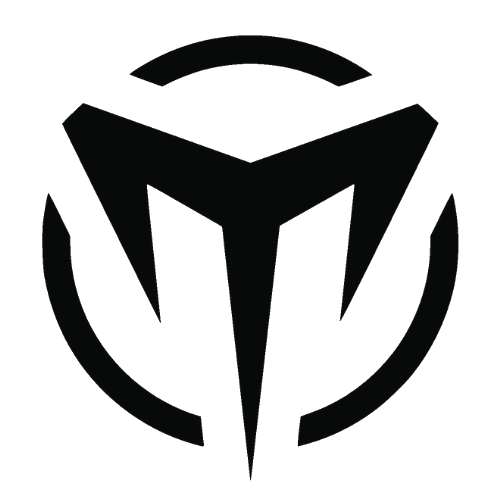As phones keep on getting progressively common and mechanically propelled, trend-setters additionally keep on growing increasingly versatile applications, or applications. Applications can be exceptionally perplexing, utilizing the force, notoriety, and convenience of smartphones for an ever-expanding scope of employment. Let’s see Mobile Health Apps.
It is assessed that more than five billion individuals worldwide have a smartphone, with over a portion of these being phones the capacity to run applications.
The list is given below for key innovation patterns affecting the mHealth application industry, as recognized by GlobalData.
1) Internet of Things
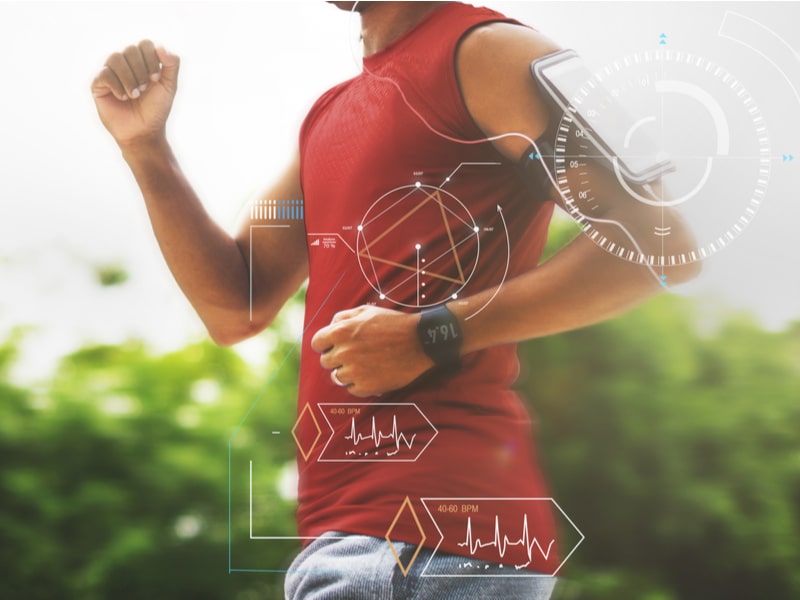
Most mHealth applications would not be practical without IoT, and each significant player in the mHealth showcase uses IoT somewhat. This is particularly valid for wellbeing and wellness applications. For instance, Under Armor’s MyFitnessPal application associates clients to a store of food and calorie data through IoT, while Garmin’s Connect application utilizes IoT to give global positioning system (GPS) administrations for practice following.
2) Cloud
Distributed computing is a crucial structure square of most of the portable applications, particularly mHealth applications. Distributed storage frameworks offer expanded adaptability, storage, and computerization, just as a diminished expense, contrasted with customary physical workers. Utilizing distributed storage, clinical pictures can be gotten to by different specialists, electronic wellbeing records (EHR) can be gotten to from any area, and patient-level wellbeing and wellness data and be put away and followed after some time, just to give some examples applications. Huge players in distributed computing incorporate Amazon, Microsoft, and Google, and these organizations additionally work in the mHealth space.
In light of the Covid-19 pandemic, cloud-based virtual lounge areas turned out to be broadly utilized by patients and social insurance laborers. In June 2020, North American pioneer in human services the board, Chronometriq reported the arrival of MagicSeat, virtual line the executive’s framework for facilities.
Also Read: How to stop phone apps from tracking you and selling your data
3) Social Media
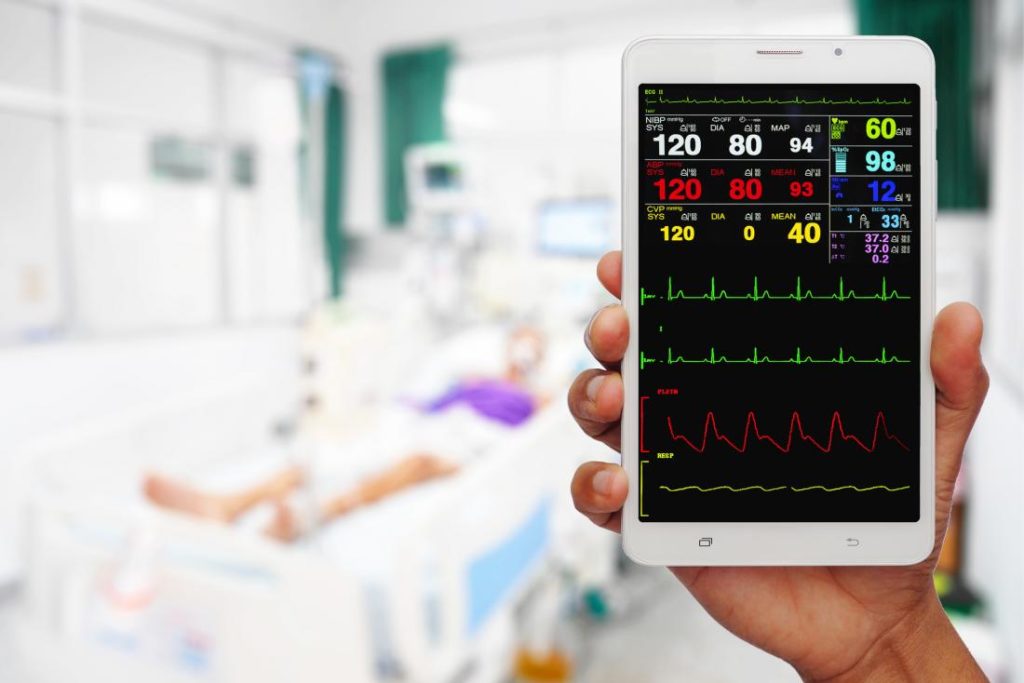
Numerous mHealth applications, particularly applications identified with wellbeing and wellness, fuse social sharing of individual wellness data. Applications that do this well incorporate Fooducate application, which permits clients to transfer solid formula thoughts and creates a newsfeed of client sourced menu choices, and the Fitbit application, which urges clients to present their wellness progress on a social channel and, consequently, be roused by the advancement of their companions.
Traditional social media centers are getting progressively associated with the mHealth space. In 2018, Facebook reported cooperation with the New York University (NYU) School of Medicine to utilize computerized reasoning (AI) to accelerate attractive reverberation imaging (MRI).
4) Information security/cybersecurity
Information security is a gigantic worry in mHealth, since numerous mHealth applications process private patient wellbeing data. Besides, given their open nature, the cloud frameworks utilized by such a large number of versatile applications are especially helpless against cyberattacks. Information penetrates in mHealth applications could have genuine outcomes, extending from pernicious modification of clinical judgments to burglary of individual wellbeing data for vindictive purposes, loss of notoriety of the social insurance supplier, and then some. The far-reaching appropriation of Mobile Health applications during the Covid-19 pandemic as of now causes infringement of client protection.
Also Read: 5 Fitness and Wellness Apps Are Made for You (latest)
5) Wearable tech
mHealth applications are frequently firmly associated with wearable innovation since most wearables work through or with a related portable application. Some remarkable mHealth applications connected to wearables are Dexcom’s versatile application, which does consistent glucose checking in diabetic patients through a wearable screen, and Qardio’s portable application, which records electrocardiogram (ECG) readings through a wearable heart sensor.
Wearable gadgets may be a likely distinct advantage in the social insurance industry. A few examinations demonstrated that wearable gadgets’ capacity to screen, measure, and gather information of indispensable signs could be utilized to foresee the beginning of the infection.
6) Remote patient checking
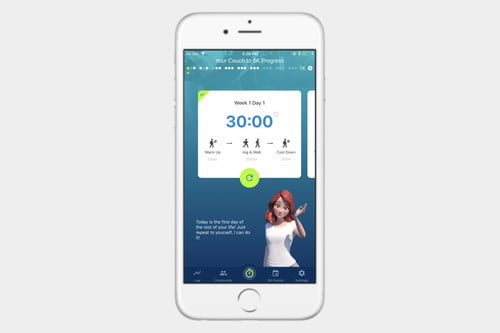
Far off patient checking is turning out to be increasingly more common as a strategy to decrease tolerant observing expenses while likewise diminishing the meddling of the recuperation procedure for the patient. Far off patient checking is empowered by remote innovation, for example, IoT and distributed computing, and made simpler through mHealth applications. In 2020, due to the Covid-19 pandemic, organizations are indicating more enthusiasm for Remote Patient Monitoring strategies.
In April 2020, the ongoing challenger player in mHealth industry, PALO IT, has declared it built up a “Virtual Bed” application for Remote Patient consideration in Singapore. Essentially, Phillips, the main player in mHealth improvement, gave telehealth answers for distantly screen and screen patients tainted with Covid-19.
7) Artificial Intelligence
Presently, machines can learn calculations to assist specialists with settling on clinical choices quicker and more precisely than any time in recent memory or substitute the requirement for them out and out. Man-made reasoning has been on the ascent well before the beginning of the pandemic. Covid-19 has helped AI advancement considerably further. In the previous months mHealth applications fueled by Artificial Intelligence were by and large quickly fused into expectation, screening, and quick indicative devices of Covid-19.
Canadian enterprise DIAGNOS is as of now executing AI instruments into its current CARA (Computer Assisted Retinal Analysis) Application so as to have the option to screen long and transient impacts of Covid-19 by breaking down retina of the patients.
Conclusion
COVID-19 testing and mHealth applications
Better approaches for testing are being actualized so as to diminish the danger of respiratory transmission. One of the methods of mHealth applications being conveyed all through the pandemic is a broad use of Mobile Covid-19 testing sets. In March 2020 the University of Mississippi Medical Center banded together with C Spire propelled C Spire Health telehealth cell phone application in Madison, Hinds, Leflore, Clay, Leake, and Pike Counties.
This is an altered extract from the Mobile Health Apps – Thematic Research report delivered by GlobalData Thematic Research.
